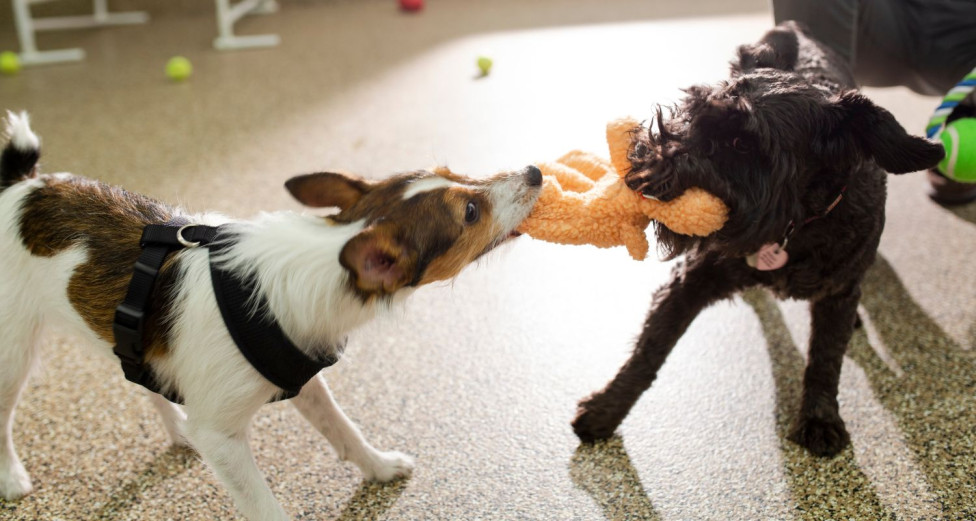Sibling Rivalry is Not Just For Humans
I have a sibling whom I care about deeply. During our childhood, we often argued. I felt envious of his privileges, like having a later bedtime or more freedom to stay out. Some of our disagreements got quite intense, and at times, one of us—usually me—ended up hurt. Thankfully, those conflicts ceased by the time I was around six or seven. Similarly, dogs living together can also engage in fights, but unlike humans, jealousy isn't a factor in canine relationships.
Sibling rivalry can be one of the more serious challenges pet owners face. It’s somewhat misleading to call it rivalry, as the dogs involved may not be actual siblings, and they often belong to different breeds or even litters. They are simply dogs sharing a home.
Causes of Dog Sibling Rivalry
There are various reasons why this behavior occurs, and before implementing solutions, it’s important to identify the underlying causes.
Avoiding Pain
A common trigger for sibling rivalry is when one dog, typically an older one, experiences health issues. A younger dog might unintentionally hurt the senior dog or try to take advantage of its vulnerability. In response, the older dog may become defensive to protect itself from further injury, which can lead to aggressive behaviors.
Lack of Leadership
Another frequent cause of fighting among dogs is the absence of perceived leadership from their human caregivers. Most dogs are natural followers rather than leaders; they seek guidance from both their human and canine companions. Without clear leadership, they may attempt to assert themselves, which can lead to conflict, especially if two dogs of similar temperaments are vying for dominance.
Favoritism and Inconsistency
Moreover, if one dog is favored over another, especially if it has less natural authority, this can also create tension. Dogs establish their own hierarchies, typically without physical confrontation. However, if a subordinate dog is favored by humans, the more dominant dog may become upset.
It’s human nature for pet owners to show preference for an older dog that has been part of the family longer, often allowing it to engage in behaviors that might not be permitted for a younger dog. This can result in inconsistent rules, such as allowing one dog on the furniture but not the other, which can lead to further issues depending on the dogs involved.
Learning How to Manage a Multi-Dog Household
The more often the dogs fight, the harder it becomes to resolve the issues. In some cases, despite everyone’s best efforts, the most practical solution may be to find a new home for one of the dogs.
At Bark Busters Las Vegas, we have successfully helped many clients navigate sibling rivalry issues, but effective solutions always start with a thorough investigation to understand the root causes. It’s essential to examine the dynamics between all family members and the dogs, as health problems, diet, and the environment can all play a role. Only after identifying the causes can a tailored action plan be created—there’s no one-size-fits-all answer.
Many people turn to online articles and various approaches, but these methods are often ineffective. This is because the information typically addresses general scenarios that may not apply to your specific dog, family dynamics, or living situation.
If your dogs are fighting, don’t hesitate to reach out to Bark Busters Las Vegas. The sooner you seek expert assistance, the better the chances are for resolution and preventing further escalation.
